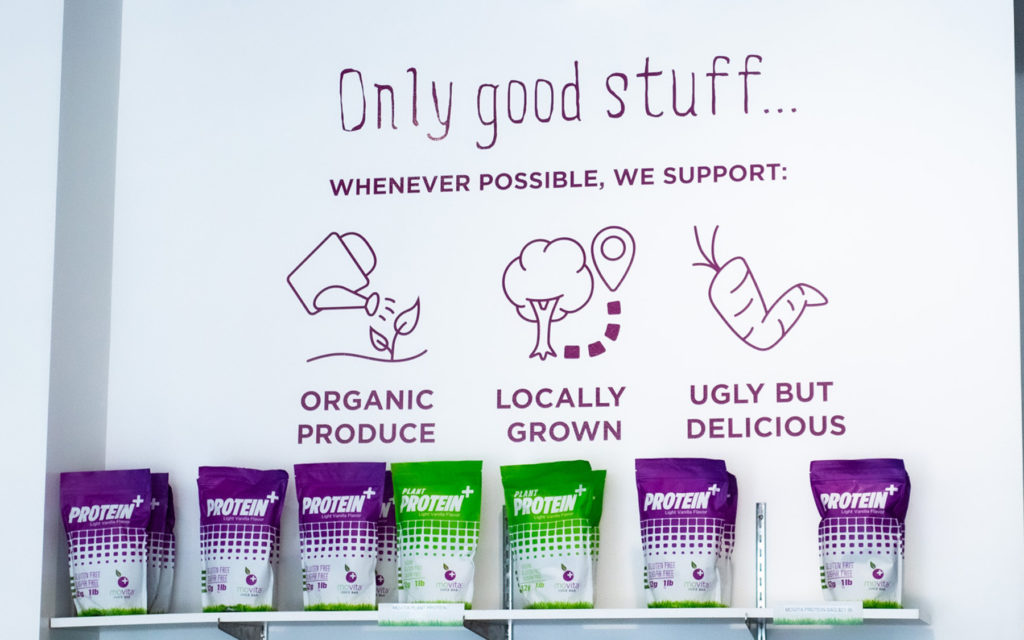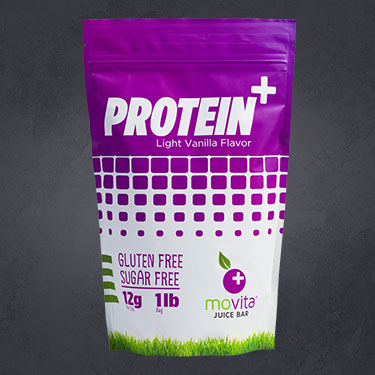
It’s almost impossible to wrap our minds around the amount of food wasted around the world. The United Nations estimates that one-third of all food produced is wasted, which means over 1 billion tons of food is wasted each year.
Food Waste is an Environmental Problem
We often think about wasting food as an ethical problem when millions of people are hungry. We also think of it as an economic problem when it comes to our own wallets and grocery bills. However, food waste is also an environmental problem of massive proportions. Emissions associated with wasted food add up to about 4.4 gigatons of greenhouse gases every year.
The percentage of food wasted is fairly similar throughout the world. The amount of food lost per person, however, varies quite a bit. North America wastes 650 pounds of food for every person each year. Where in the food chain that food is wasted also varies from region to region. In North America, 58% of total food loss occurs in homes or restaurants and just 6% is lost in storage and handling.
Reducing food waste starts at home with each of us. Not only will we save money by preventing food waste at home, we’ll also contribute to a healthier planet.
Here are some tips to reduce food waste:
- Purchase fruit and vegetables that look imperfect but are fine to eat so that they’re not thrown out by the grocery store. Use imperfect vegetables to make soups and stir-fries, and fruit to make smoothies or to top pancakes.
- Plan meals for the week and only purchase foods you plan to use.
- Before going to the grocery store, look in the fridge to see what foods you already have on hand to avoid purchasing foods you already have.
- When you get home from the store, take the time to wash, dry, chop, dice, slice, and place your fresh food items in clear storage containers for snacks and easy cooking.
- Plan to use leftovers in lunches the next day, for dinner within two days, or freeze leftovers for your own ‘frozen meals’ later in the month.
- Keep foods that you want to eat first in the front of the refrigerator so that you see them as soon as you open the refrigerator door.
- Label foods in the refrigerator so that you know what is in each container.
- Freeze food such as bread, sliced fruit, cut-up raw vegetables or meat that you know you won’t be able to eat before they spoil.
- Many fruits give off natural gases as they ripen, making other nearby produce spoil faster. Store bananas, apples, and tomatoes by themselves, and store fruits and vegetables in different bins.
- If you like to eat fruit at room temperature but it should be stored in the refrigerator for maximum freshness, take what you’ll eat for the day out of the refrigerator in the morning.
- Use the Foodkeeper app to understand how to store foods for maximum freshness.
DISCLAIMER: These statements have not been evaluated by the FDA. The information is for informational purposes and is not intended to treat, diagnose or cure any illness. Consult a physician before taking any action.
Want to contribute great content?
We are looking for contributors provide our readers with great healthy content to encourage positive living. If you're interested in becoming a contributor pease email us at blog@movitajuicebar.com



